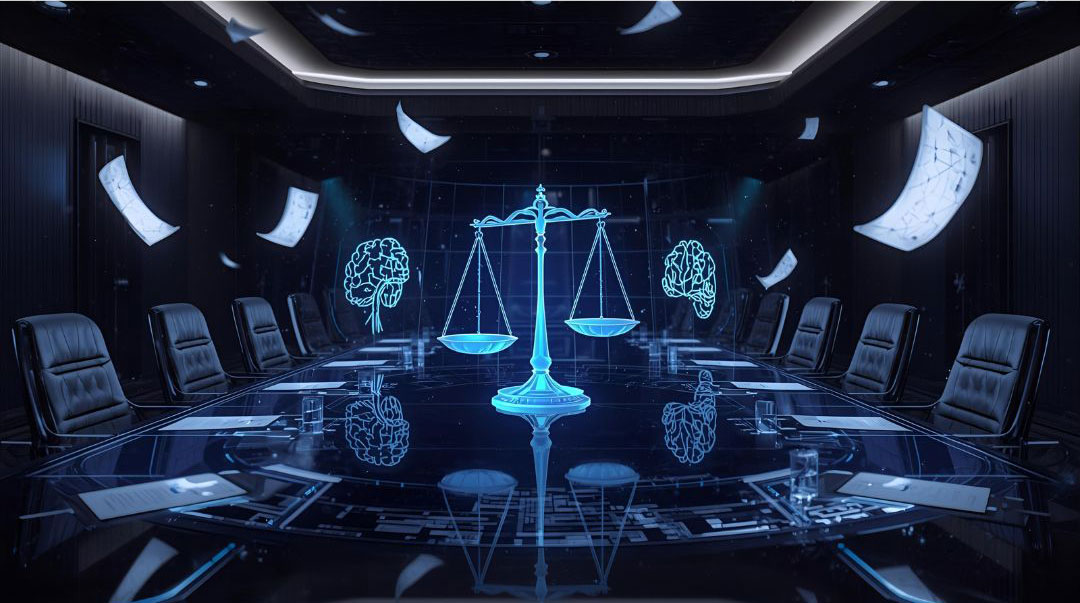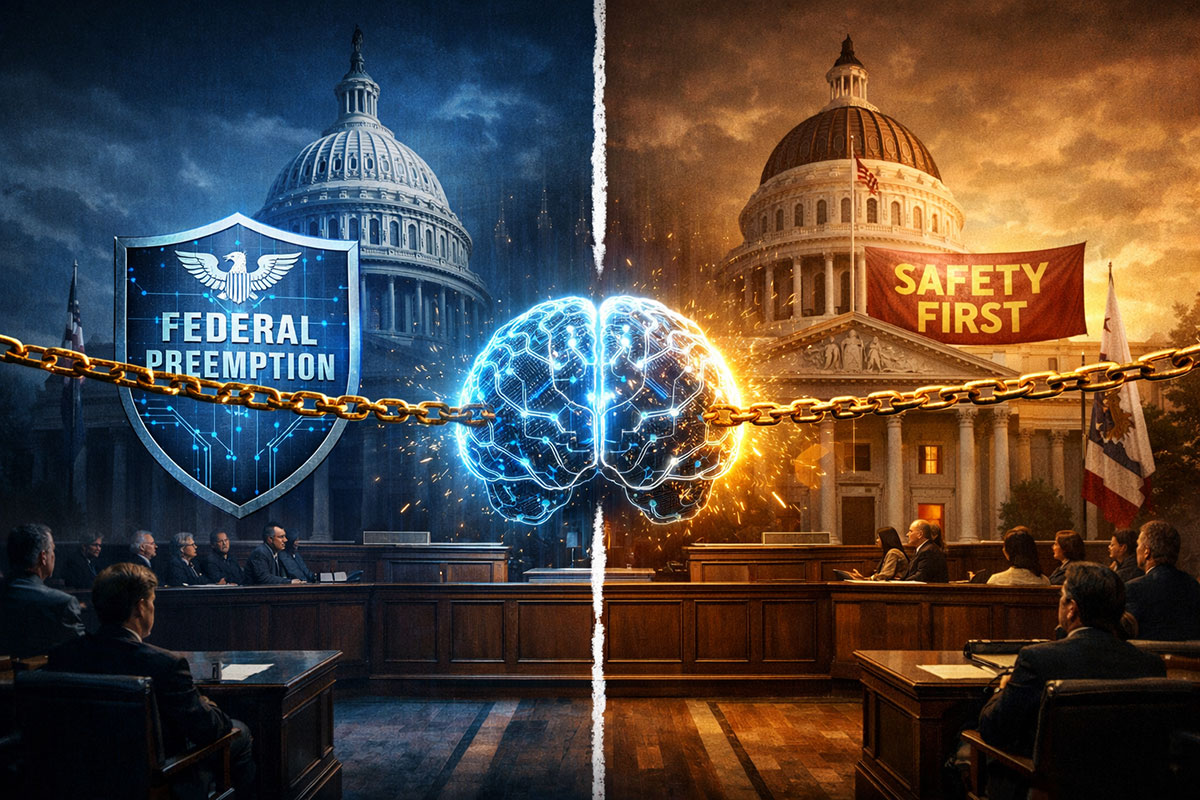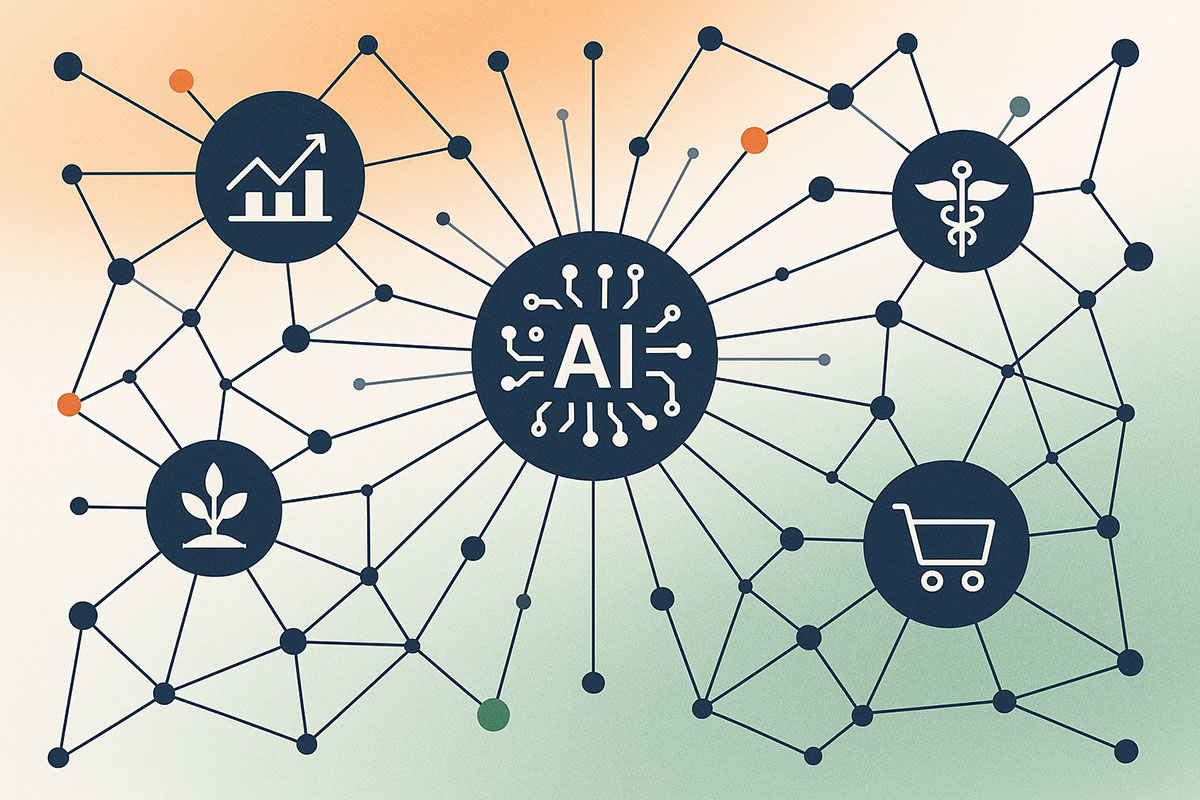AI: Global Governance Challenges in 2025
AI is global, but regulation isn’t. In 2025, fragmented laws across regions challenge businesses, governments, and innovators. Here’s how global AI governance is unfolding.
TrendFlash

Introduction: The Regulation Paradox
AI is global. Regulation isn't. In 2025, organizations face a fragmented regulatory landscape that makes compliance nearly impossible. The EU has the AI Act. The US has scattered sector-specific rules. China has different rules entirely. A system legal in one region is illegal in another.
This guide explains the governance challenges and how organizations are navigating complexity in 2025.
The Regulatory Fragmentation Problem
Different Rules for the Same Technology
- EU AI Act: Strict rules on high-risk AI, transparency requirements, banned uses
- US Approach: Sector-specific rules (finance, healthcare) with significant gaps elsewhere
- China: State control of AI, data localization requirements, content restrictions
- UK: Principles-based approach with industry guidance
- Others: Each country creating own rules without coordination
Result: Building globally is harder, costlier, and riskier than ever before.
Key Governance Challenges Organizations Face
Challenge 1: Data Localization Requirements
Different countries require data stored locally. This means:
- Duplicating infrastructure across regions ($millions in costs)
- Managing data consistency and synchronization
- Increased operational complexity
- Reduced ability to leverage global AI models
- Compliance monitoring per region
Challenge 2: Transparency & Explainability Mandates
EU AI Act requires documenting AI decisions. This demands:
- Building explainability into systems (added development cost)
- Maintaining detailed audit trails
- Enabling regulatory inspection on demand
- Training staff on documentation requirements
- Testing for interpretability
Challenge 3: Liability & Responsibility Questions
When AI makes wrong decisions, who's liable?
- Developers who built it?
- Organizations deploying it?
- End users making decisions?
- Everyone? No one?
Regulations still figuring this out, creating legal uncertainty.
Challenge 4: Brain Drain & Talent Migration
Strict regulations drive AI talent away. Researchers move to less-regulated regions:
- EU losing AI researchers to US (more freedom)
- US researchers attracted to Asia (different regulations)
- Talent shortage in regulated regions
- Global competitive disadvantage
Challenge 5: Conflicting Standards
Different regulations conflict on key issues:
- Privacy (GDPR vs. US vs. China)
- Data residency requirements
- Bias testing standards
- Transparency requirements
- What constitutes "high-risk"
Challenge 6: Enforcement Uncertainty
Regulations lack clear enforcement mechanisms:
- Who enforces compliance?
- What are penalties for violations?
- How are violations detected?
- What's the appeals process?
How Organizations Are Responding
Strategy 1: Regulatory Hedging
Build systems compliant with strictest regulations (EU) and apply globally.
- Pros: Future-proof, single standard globally
- Cons: More expensive upfront, may be overkill for some regions
Strategy 2: Modular Architecture
Build systems that can be configured per region.
- Pros: Flexibility, cost optimization per region
- Cons: Complex maintenance, testing overhead
Strategy 3: Transparency-First
Assume regulations will tighten and build transparency in from day one.
- Pros: Ready for any regulation
- Cons: Development cost increases
Strategy 4: Collaborative Industry Standards
Work with industry peers to create de facto standards that satisfy regulators globally.
- Pros: Collective voice shapes standards, cost sharing
- Cons: Slow process, relies on cooperation
Strategy 5: Geographic Specialization
Build different product versions for different regions.
- Pros: Optimized for each market
- Cons: Fragmented product, increased complexity
The Future of AI Governance
Will Regulation Converge?
Likely, but on extended timeline.
- As more countries regulate, standards will converge toward middle ground
- ISO standards for AI development now being created
- Global frameworks discussed at international forums
- Industry pressure for harmonization
Timeline to Convergence
- 2025-2026: Regulations tighten in major markets
- 2027-2028: Global standards begin emerging
- 2029-2030: Convergence around core principles likely
What Will Converge On?
Likely universal standards around:
- Transparency requirements for high-risk AI
- Bias testing and monitoring
- Human oversight of critical decisions
- Privacy protections for personal data
- Audit trails and documentation
What This Means for Your Organization
Action Items
- Assume regulations will tighten (they will)
- Build for transparency and auditability now
- Monitor regulatory developments closely
- Join industry collaborations
- Plan for compliance costs 3-5 years ahead
- Start training staff on governance
Investment Priorities
Allocate resources to:
- Compliance infrastructure (20-25% of budget)
- Monitoring and testing systems (15-20%)
- Documentation and auditing (10-15%)
- Staff training on governance (5-10%)
- Legal expertise (10-15%)
Regulatory Tracker: Current Landscape
Leading Regulation: EU AI Act
Most comprehensive framework.
- Risk-based approach (high/medium/low risk)
- Transparency requirements
- Banned practices list
- Enforcement with fines up to €30M or 6% revenue
US Approach: Fragmented
- NIST AI Risk Management Framework (guidance, not law)
- Sector-specific rules (financial services, healthcare, etc.)
- State-level legislation emerging
- No federal comprehensive AI law yet
China: State Control
- Algorithms must not promote harmful content
- Data localization requirements
- Foreign AI systems face restrictions
- Government approval required for certain uses
Further Resources
- Deep dive on AI Governance
- Governance & Ethics Hub
- Responsible AI Implementation
- Stay updated on AI policy trends
Conclusion: Governance as Strategic Advantage
AI governance is the defining policy question of 2025. Organizations that navigate complexity early will be ready for whatever regulations come. Those that wait will be disrupted.
The winners aren't those that lobby against regulation—they're those that build compliance into DNA and turn it into competitive advantage.
Start today. The landscape is changing now.
Share this post
Categories
Recent Posts
Opening the Black Box: AI's New Mandate in Science
AI as Lead Scientist: The Hunt for Breakthroughs in 2026
Measuring the AI Economy: Dashboards Replace Guesswork in 2026
Your New Teammate: How Agentic AI is Redefining Every Job in 2026
Related Posts
Continue reading more about AI and machine learning

AI Regulation in Chaos: Trump’s Executive Order vs. State Laws – The 2026 Legal War
A political war is exploding over who gets to control AI. With a new executive order aiming to block states like California from enforcing strict safety mandates, we break down the coming legal battles and what it means for the future of American innovation and AI safety.

The "DeAI" Manifesto: How Decentralized AI is Breaking the Silicon Valley Monolith in 2026
With 90% of the internet now filled with synthetic bot content, the "Dead Internet" theory has become a reality. Decentralized AI (DeAI) is emerging as the 2026 solution for verifiable, private, and censorship-resistant intelligence.

India's New AI Regulation Framework: What Every Tech Company & User Needs to Know (November 2025)
On November 5, 2025, India's Ministry of Electronics and Information Technology (MeitY) released the India AI Governance Guidelines—a landmark framework that reshapes how artificial intelligence is regulated in the country. Unlike Europe's restrictive approach, India's framework prioritizes innovation while embedding accountability. Here's what every founder, developer, and business leader needs to know about staying compliant in India's rapidly evolving AI landscape.